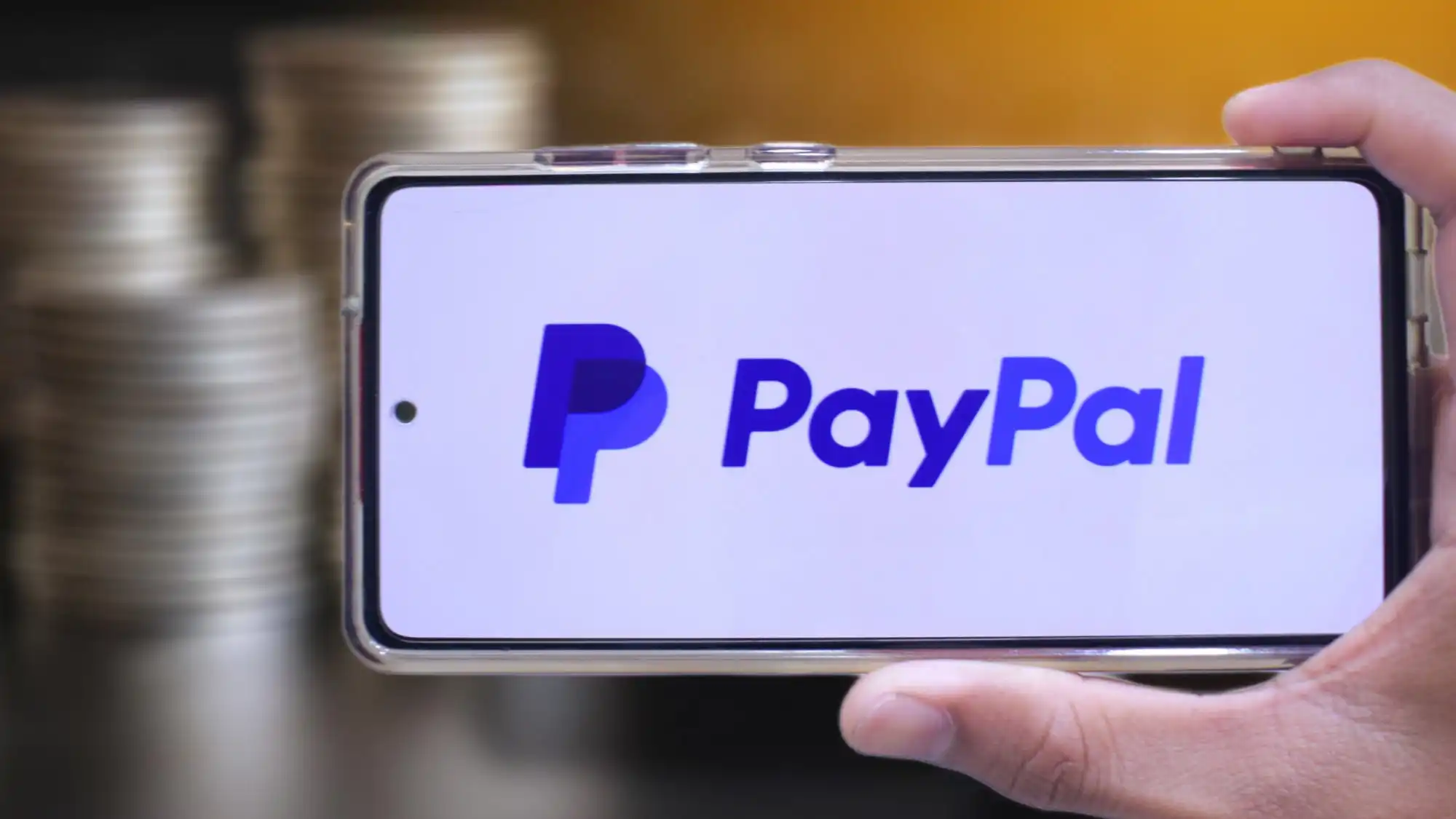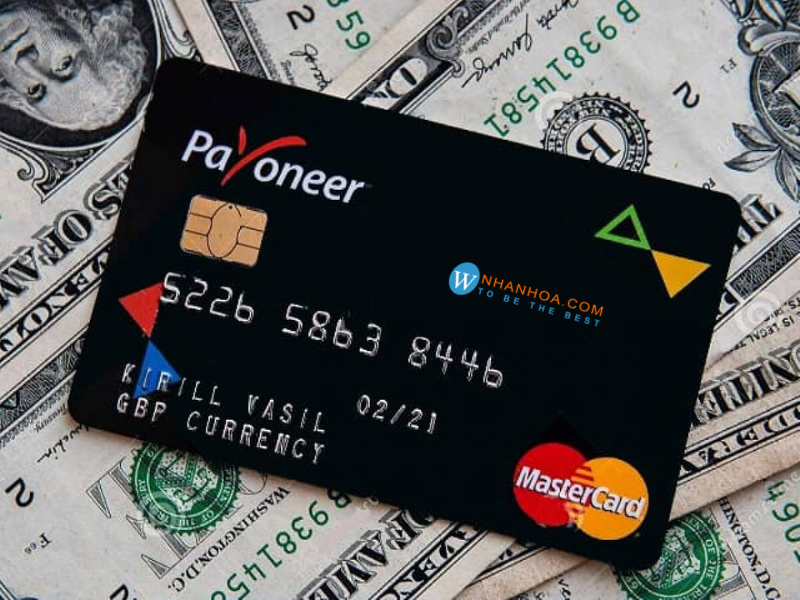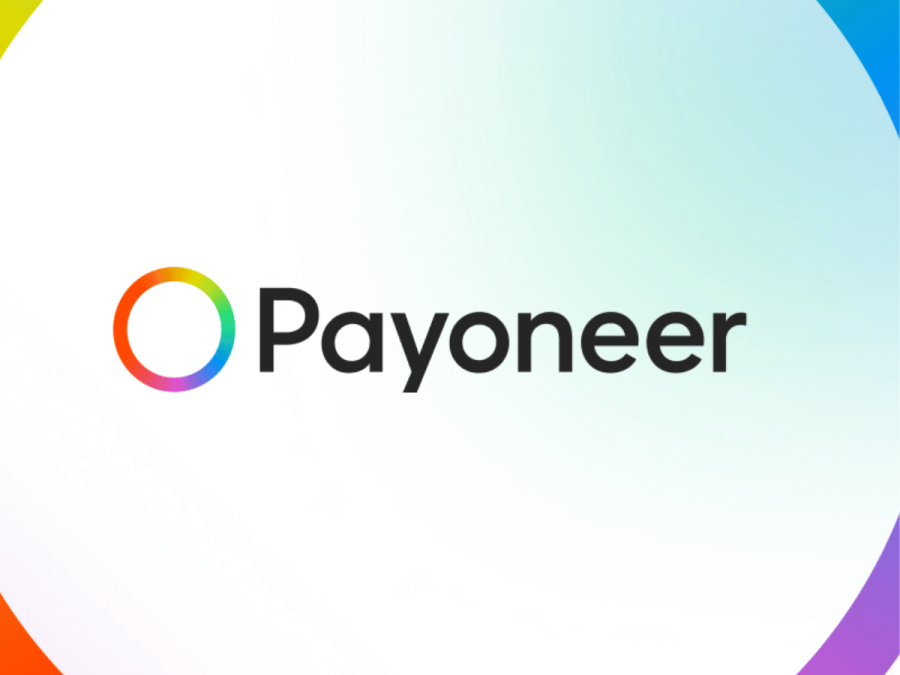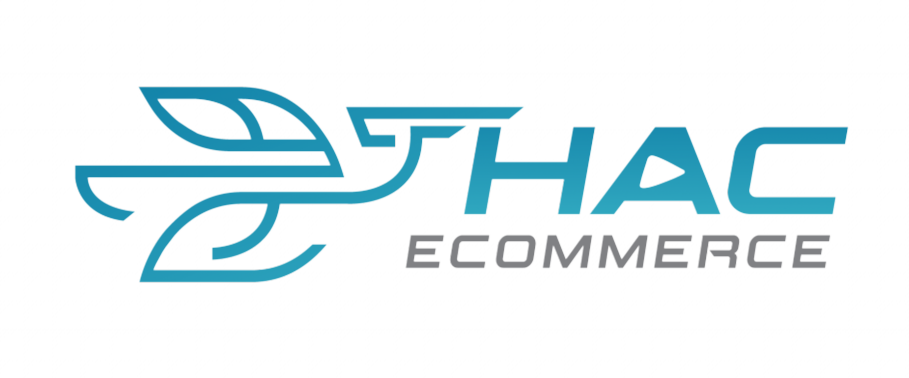PayPal and Payoneer: Which Payment Platform is Better for Sellers?
In today’s global e-commerce landscape, selecting an effective online payment platform is crucial for any seller’s success. PayPal and Payoneer are two prominent players in this field, offering international payment solutions and financial management tools for businesses and individuals. However, each platform has its unique features, advantages, and drawbacks. This comprehensive comparison aims to help sellers make an informed decision.

1. Overview of PayPal and Payoneer
PayPal is a well-established payment platform accepted by millions of users and businesses worldwide. It is widely used for personal and commercial transactions, particularly small to medium-sized online purchases. PayPal supports over 25 currencies and operates in over 200 countries and regions.
Payoneer initially focused on providing payment solutions for freelancers and businesses with complex international payment needs. Its services have expanded to cater to sellers operating on major marketplaces like Amazon, eBay, and Upwork, facilitating payments from various countries. Payoneer supports over 150 currencies and has an extensive network of banking partners.
2. Fees and Transaction Costs
Payments charges vary depending on the transaction type, sender and recipient countries, and currencies involved. Typically, sellers incur fees when receiving payments from customers. These fees often include a percentage of the transaction amount plus a fixed fee. Additionally, PayPal’s currency conversion rates may be less favourable than market rates.
Payoneer offers a more transparent fee structure for receiving international payments, especially when funds are received through partner platforms. Receiving payments from other Payoneer accounts is usually free. However, fees apply when withdrawing funds to local bank accounts and during currency conversions. Payoneer may also charge an annual fee for its Mastercard.PayoneerTipalti
3. Features and Benefits
PayPal:
- User-Friendly Interface: Intuitive design for easy setup and management.Noda Payments
- Buyer and Seller Protection: Mechanisms to resolve disputes and safeguard transactions.
- Seamless Integration: Compatible with numerous e-commerce platforms and websites.
- Invoice Management: Tools to create and send professional invoices.
- Mobile App: Manage accounts and conduct transactions on the go.
Payoneer:

- Global Payment Reception: Effortlessly receive payments from clients and marketplaces worldwide in multiple currencies.Payoneer
- Mastercard Access: Provides a Mastercard for ATM withdrawals and online/offline payments.
- Mass Payouts: Facilitates bulk payments to suppliers or collaborators.
- Local Receiving Accounts: Offers local bank account details in various countries for easier client payments.
- Marketplace Integration: Smooth integration with major online selling platforms.
4. Transaction and Withdrawal Speed
PayPal: Payments are typically received promptly. However, withdrawing funds to a bank account may take several business days.eBay Community
Payoneer: The time to receive payments and withdraw funds varies based on the method and countries involved. Generally, Payoneer can offer faster international transfers in specific scenarios.eBay Community
5. Customer Support
PayPal: Provides customer support via email, phone, and an online help centre. Some users have reported delayed responses and inconsistent support quality.
Payoneer: Offers support through multiple channels, including email, phone, and live chat. Payoneer is often praised for effectively handling international payment issues.
Which Platform is Better for Sellers?
The optimal choice depends on individual seller needs and business characteristics:
Choose PayPal if:
- Your primary market is domestic, or your customers are familiar with PayPal.
- Your business is small to medium-sized with a manageable number of transactions.
- You value convenience and easy integration with various platforms.
- Strong buyer and seller protection mechanisms are essential to you.
- You prefer a platform that serves as a payment gateway and a receiving bank account.
Choose Payoneer if:

- You operate internationally, receiving payments from clients or marketplaces in multiple countries.
- Minimizing international transaction and currency conversion fees is a priority.
- Access to a flexible payment solution with a Mastercard benefits your operations.
- You need to make bulk payments to overseas suppliers or collaborators.
- You require a platform primarily for receiving funds, not as a payment gateway.
Hacecommerce’s Perspective
While Payoneer offers particular advantages in handling complex international payments and may have competitive fees in specific cases, PayPal remains a leading and reliable choice for most sellers. Its extensive global reach, widespread user familiarity, straightforward integration with numerous e-commerce platforms, and robust buyer and seller protection make it a secure, convenient, and efficient online payment platform.
If you’re seeking a dependable, user-friendly payment solution widely accepted for domestic and international transactions—especially for small to medium-sized operations—PayPal is recommended. Leveraging PayPal’s benefits can streamline your payment processes, build customer trust, and support sustainable business growth.
For professional PayPal gateway rental services, visit Hacecommerce’s homepage.
Additionally, Hac Ecommerce offers a range of comprehensive services designed to support and empower businesses operating in the POD (Print on Demand) industry. These services include fulfillment solutions, payment account rentals, and design cloning, all of which are tailored to meet the unique needs of entrepreneurs in this niche.

